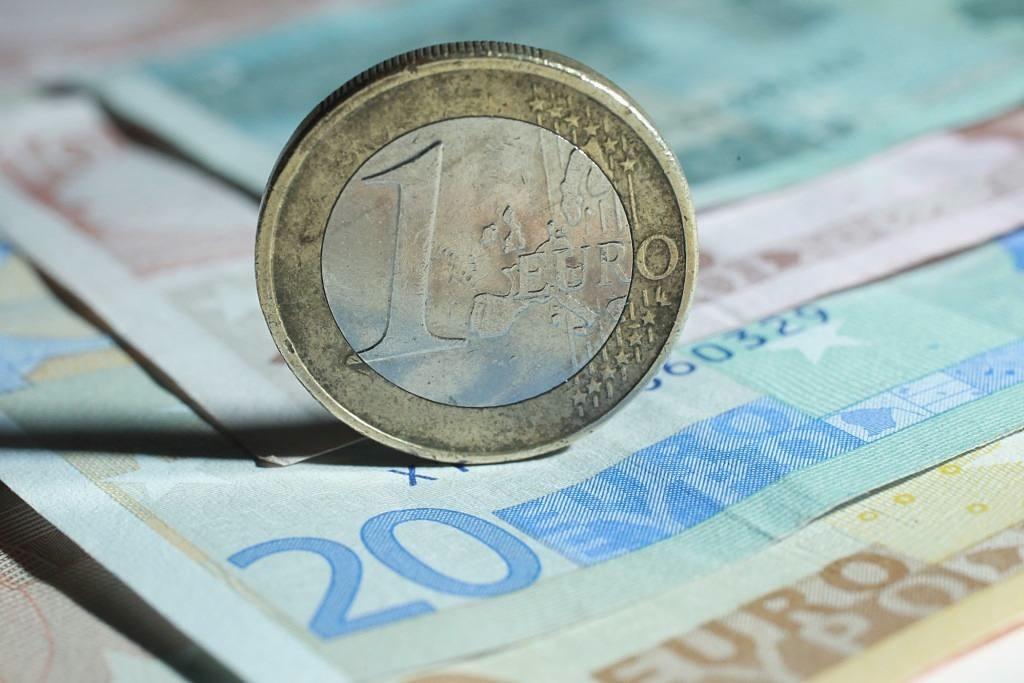Turning up the heat on Berlusconi
A German soldier found a safety deposit box containing nearly one million euros.
BRUSSELS, Belgium — European Union leaders on Sunday turned up the heat on Silvio Berlusconi to speed up an overhaul of Italy's public finances amid fears that the euro zone's third-largest economy could be the next victim of the spreading debt crisis.
“There can be no question of countries appealing for solidarity from their partners if those who we are helping are not prepared to make their own efforts,” said French President Nicolas Sarkozy in response to a question on Italy at news conference with German Chancellor Angela Merkel.
Realted: Can this man save Europe?
Merkel and Sarkozy met with Berlusconi on the sidelines of a summit of European Union leaders, where they were under mounting pressure to contain the euro zone debt crisis from spreading from the near-bankrupt Greece to Italy and other fragile economies.
Should the Italian economy go under, it could sink the euro and plunge the world into a major recession. Berlusconi's government has come under fire for not doing enough to make Italy's economy more competitive or reduce its 1.9 trillion euro debt which, at almost 120 percent of gross domestic product, is double the target for euro zone nations.
“Clearly Italy is a big and important member of the euro zone, and that gives the country a high level of responsibility,” Merkel told the news conference. “I think we can have a discussion among friends. Italy is a great economic force, but it has a big public debt which it must reduce in a credible way.”
As leaders of the EU's biggest economies, Merkel and Sarkozy have been central to efforts to find a solution to the debt crisis, which are intensifying this week in the face of the renewed fears of contagion from Greece.
EU leaders are to meet again on Wednesday for a second, hastily arranged summit at which they are expected to agree upon a three-point plan that involves banks agreeing to accept losses of up to 50 percent on their loans to the Greek government.
The banks are also likely to face demands that they raise capital by around 100 billion euro as a buffer against further market turmoil. To protect against the crisis dragging down larger economies like Italy or Spain, the plan also involves strengthening the EU's 440 billion euro emergency-bailout fund.
Merkel and Sarkozy praised the Spanish, Portuguese and Irish governments for tough austerity measures designed to reduce their debt levels and to prevent a Greece-style crisis. However, they pointedly failed to mention the efforts of Berlusconi's government.
Realted: With the euro in crisis, is Europe finished?
European officials believe Italy is backsliding on the implementation of a 54 billion euro package of cuts and reforms announced in August when the European Central Bank moved to support Rome by buying up its debt on markets.
"Clearly we are calling for a major effort to be made by the Italian authorities,” said Herman Van Rompuy, the EU official who presides over summits. He said the EU had asked for more “details and timetables” to ensure Italy sticks to the plan for bringing public finances under control.
Berlusconi responded to the concerns in characteristic style. “I've never flunked an exam in my life,” he joked to reporters going into the EU summit. The Italian Finance Ministry has insisted that the country remains on target to balance its budget by 2013.
European leaders have stressed the importance of agreeing on a credible package of measures on Wednesday to reassure markets, but Merkel cautioned that even if they get a deal, it won't be a silver bullet for the euro zone crisis.
“Wednesday will not be the last step,” she said. “There are a succession of steps to be taken. There are some things we have to do on Wednesday, but the problem of Greece must be placed on a long-term basis.”
The debt issue will dominate economic talks at the Nov. 3-4 G-20 summit of world leaders in the French Riviera resort of Cannes, where U.S. President Barack Obama and other world leaders are expected to press the Europeans to act decisively to prevent the euro zone problem from triggering a wider world crisis.
The story you just read is accessible and free to all because thousands of listeners and readers contribute to our nonprofit newsroom. We go deep to bring you the human-centered international reporting that you know you can trust. To do this work and to do it well, we rely on the support of our listeners. If you appreciated our coverage this year, if there was a story that made you pause or a song that moved you, would you consider making a gift to sustain our work through 2024 and beyond?
